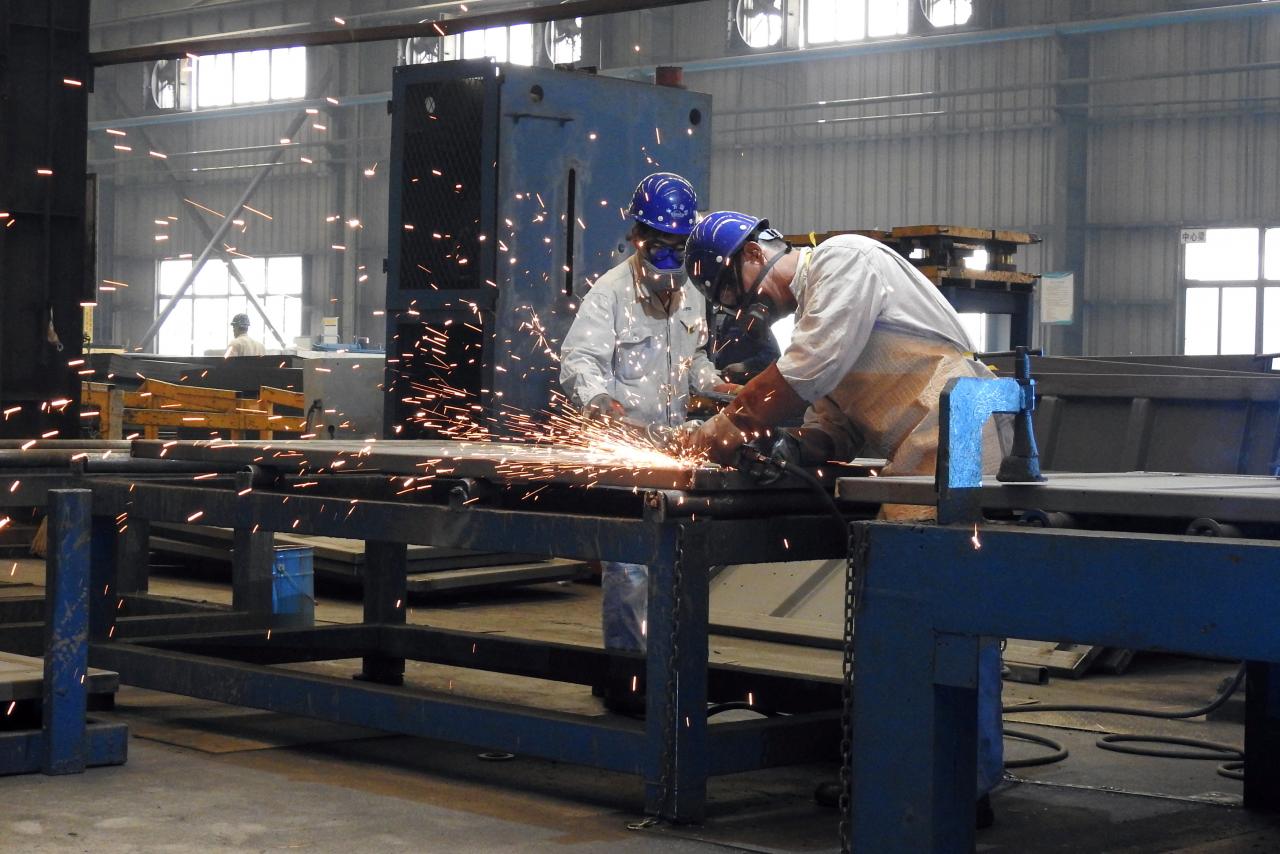
“It will facilitate the growth of industrialisation as current tariffs and customs duties are unfavourable for the industry,” he said while speaking to businessmen at the Islamabad Chamber of Commerce and Industry (ICCI) on Thursday.
After tariff rationalisation, he announced, the government would aim to keep tariffs at same levels for three to four years in order to provide a transparent future roadmap for the industry.
“The new tariff policy will be industrialisation-driven and not revenue-driven,” he declared, adding “in the last 10 years, Pakistan saw de-industrialisation and increase in trading due to unfavourable policies of past governments.”
However, he emphasised that the current government was determined to reverse the process and put the country on the path of sustainable industrial growth.
Dawood pointed out that Pakistan depended on textile for export revenues but its share in the international market was gradually going down.
He revealed that a concept note of the industrial policy had been developed and besides textile, the policy would also promote other industries such as engineering, chemical, information technology and agriculture to diversify exports.
“The upcoming industrial policy will support strategic industries and strengthen the import-substitution sector,” he said.
The adviser stressed that the government had planned to raise exports to $50-150 billion by facilitating export-oriented industries. “The government is also planning to enhance exports of motorcycles, refrigerators and air conditioners to Africa and other countries,” he said.
In principle, Dawood suggested, there should be no duty on import of raw material for the manufacturing of export goods. Similarly, there should be minimum duty on intermediaries but finished goods should receive no concession.
Recalling that Pakistan had signed free trade agreements (FTAs) and preferential trade agreements (PTAs) with five countries, he regretted that except for Sri Lanka, all other FTAs were unfavourable to Pakistan.
The adviser added that the government was devising a strategy to revise FTAs with all countries and the second phase of FTA with China would be completed by June 2019.
He said the government was in the process of discussion with many countries including China, Malaysia, South Korea, Japan and Turkey to gain wider market access for Pakistani products.
He appreciated Indonesia for providing zero-rated market access to Pakistan for 20 products and asked the business community to take full advantage of the tariff concession.
He announced that the government was also working on the ease of doing business and the cost of doing business to ease things for the private sector. “Prime Minister Imran Khan has set the target to raise Pakistan’s ranking from current 137 to below 100 in the Ease of Doing Business index.”
Published in The Express Tribune, December 28th, 2018.
Like Business on Facebook, follow @TribuneBiz on Twitter to stay informed and join in the conversation.
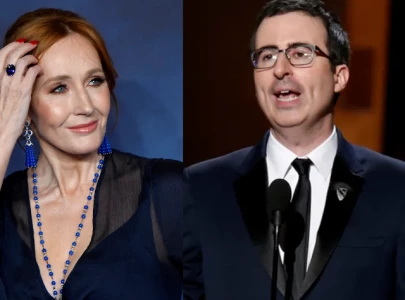


1731975305-0/Untitled-design-(40)1731975305-0-165x106.webp)
1731975060-0/Untitled-design-(39)1731975060-0-165x106.webp)
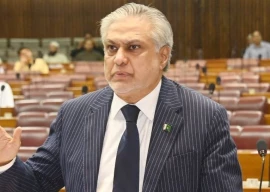


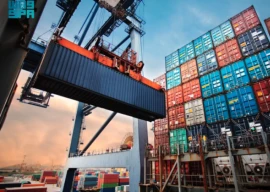
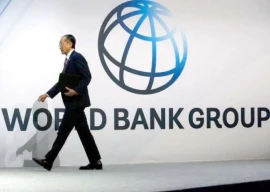







COMMENTS
Comments are moderated and generally will be posted if they are on-topic and not abusive.
For more information, please see our Comments FAQ